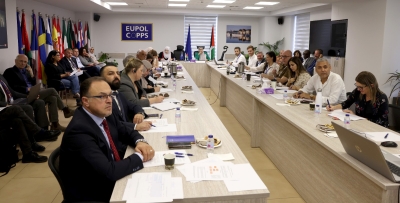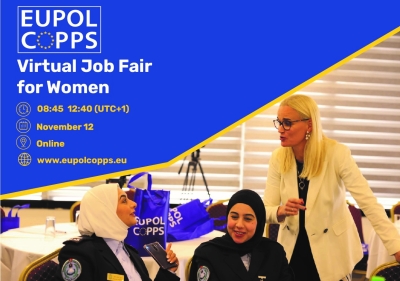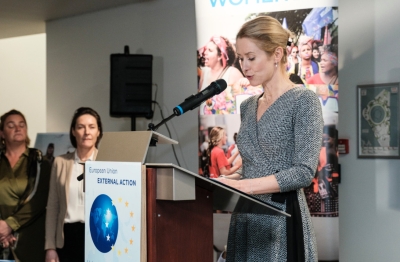Working at EUPOL COPPS: What you need to know
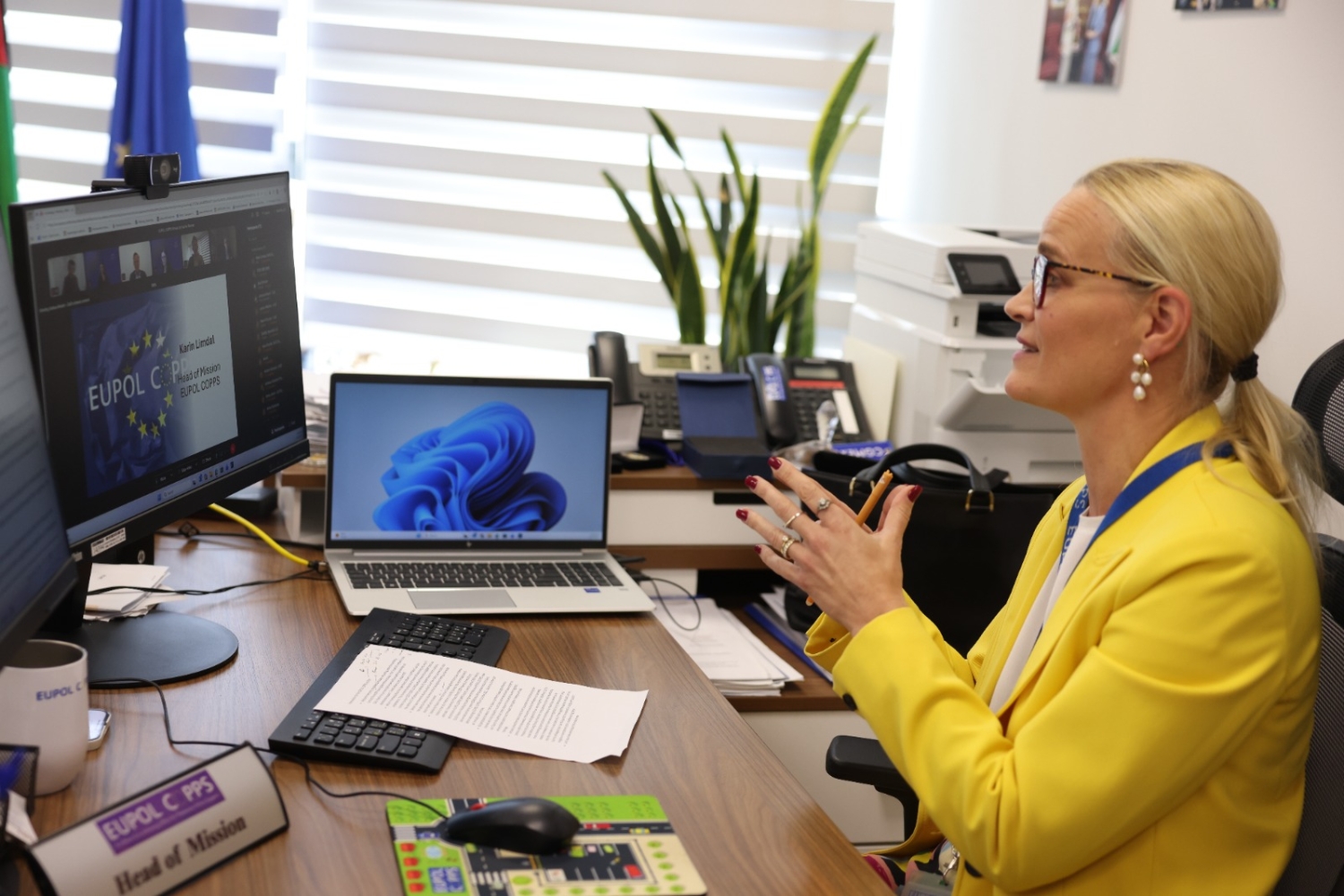
As a civilian CSDP Mission, EUPOL COPPS’ primary role is to assist the Palestinian Authority in building its institutions for a future Palestinian state, focusing specifically on security and justice sector reforms. Ultimately the Mission’s objective is to improve the safety and security of the Palestinian people.
By way of practical follow-up to the event, below you can find transparent and detailed answers to the most common questions about joining EUPOL COPPS in the field.
The application process
EUPOL COPPS relies on two main types of international staff, each with a distinct employment structure:
|
Staff Type |
Contractual Relationship |
Remuneration Package |
|
Seconded Mission Member |
Contractual relation with their home government (sending institution). Assigned to the Mission for a specified period. |
Often retains their home government's salary and benefits. The Mission is unable to provide information on this package. |
|
Contracted Mission Member |
Contractual relation directly with EUPOL COPPS. Contracts are usually limited to the Mission’s mandate period. |
Receives a remuneration package directly from the Mission. |
To be seconded, individuals typically apply through their seconding authorities. A general recommendation for gaining information is to contact the Ministry of Foreign Affairs of your home country.
You can learn more about the application process for a seconded position here. For an overview of recruitment and secondment process in EU Member States, visit this interactive map.
EUPOL COPPS primarily recruits from EU Member States, but positions are also open to Third Contributing Countries (TCCs): Canada, Norway, and Türkiye. Note that recruiting a contracted Mission member from a TCC requires at least one seconded Mission member from that TCC to be already working in EUPOL COPPS.
Recruitment requirements and timelines
- Age and Retirement: An age limit exists to ensure duty of care. Applicants should be able to serve the full period of a secondment (usually one year) or a contract (up to two years) prior to reaching the normal age of retirement in their respective states of citizenship. Importantly, positions are open to retired police service members provided they meet the required qualifications and experience and are within this age limit.
- Experience & Qualifications (Security Sector Reform/Legal):
- Security Sector Reform Positions: Require a university degree or equivalent professional police/military training, plus knowledge and practical experience in Security Sector Reform.
- Legal Positions: Typically demand several years of professional experience in the legal field (e.g., legal practice, international law, or judicial systems).
- Field Experience: While not always essential, field experience is highly valued as it indicates a candidate's ability to handle the demands of a Mission setting.
- Assessment Process: The process usually includes a selection interview with a panel. You may also be expected to complete additional assessment assignments to test skills and suitability, such as written tests, language tests, or practical presentation tasks involving case studies or situational analysis.
- Duration: The overall selection process usually takes about three to four months from application to deployment. The duration can vary depending on the volume of applications and the candidate’s engagement regime (seconded or contracted).
Safety and Security
The reality of serving in the field means acknowledging the complex security environment. First and foremost, Mission members are responsible for their own safety, as they would be anywhere else in the world. However, your safety is paramount, and the Mission has comprehensive systems in place:
- Proactive Intelligence: The Security and Health Department provides regular security advisories (via email and text messages) to help Mission members avoid being in the wrong place at the wrong time. This department is constantly in touch with local institutions and other sources of information to ensure you have the best intelligence.
- Specific Threat Procedures: There is a very specific procedure in place at Mission levels for taking shelter and ensuring protection. Upon arrival, you will be briefed thoroughly on how to face this type of threat.
- Emergency Planning: For extreme situations, EUPOL COPPS has protocols in place for emergency situations, including evacuations. Mission members are fully briefed on these protocols and provided with necessary contact information immediately upon arrival.
Wellness and support on assignment
The Mission recognises the mental and physical demands of working in a complex operational theatre.
EUPOL COPPS provides various support services, including access to medical facilities through the Mission’s Medical Unit, counselling services, and recreational initiatives. The Mission generally offers a comprehensive health insurance scheme for its contracted staff, covering medical expenses, emergencies, dental, and vision care.
Next steps
EUPOL COPPS offers women a unique opportunity to contribute directly to peace, security, and justice sector reform in a challenging and rewarding environment.
EUPOL COPPS seeks candidates who demonstrate a strong commitment to the Mission’s goals, ethical standards, and a willingness to work collaboratively. Attributes such as adaptability, resilience, and strong motivation are key to success.
To find open roles, view the latest Calls for Contributions on the EUPOL COPPS website.
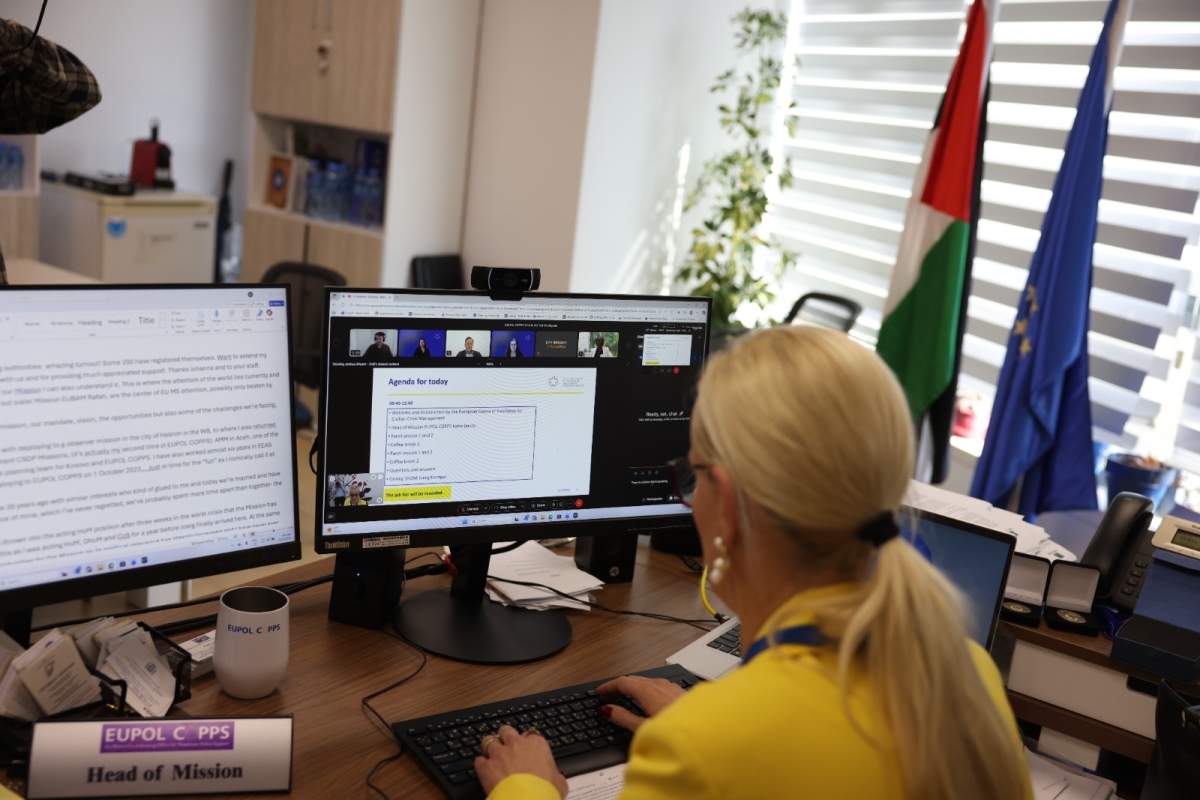
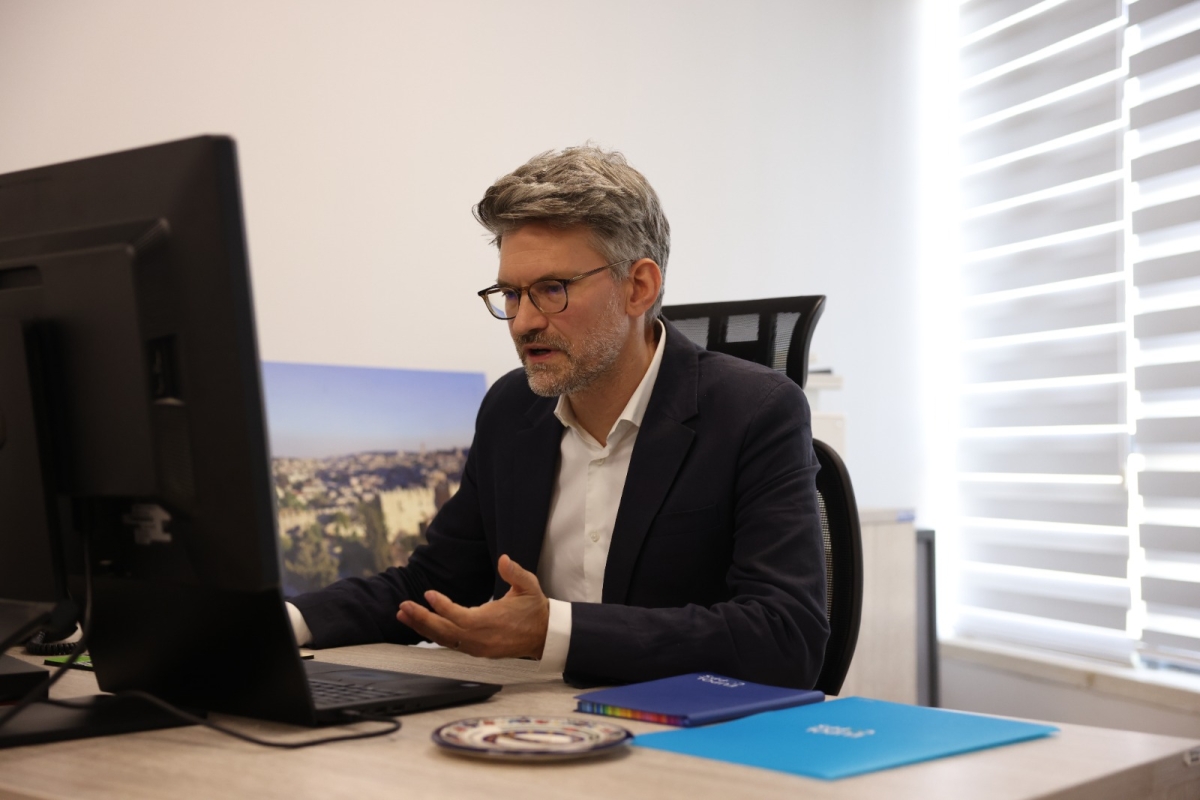

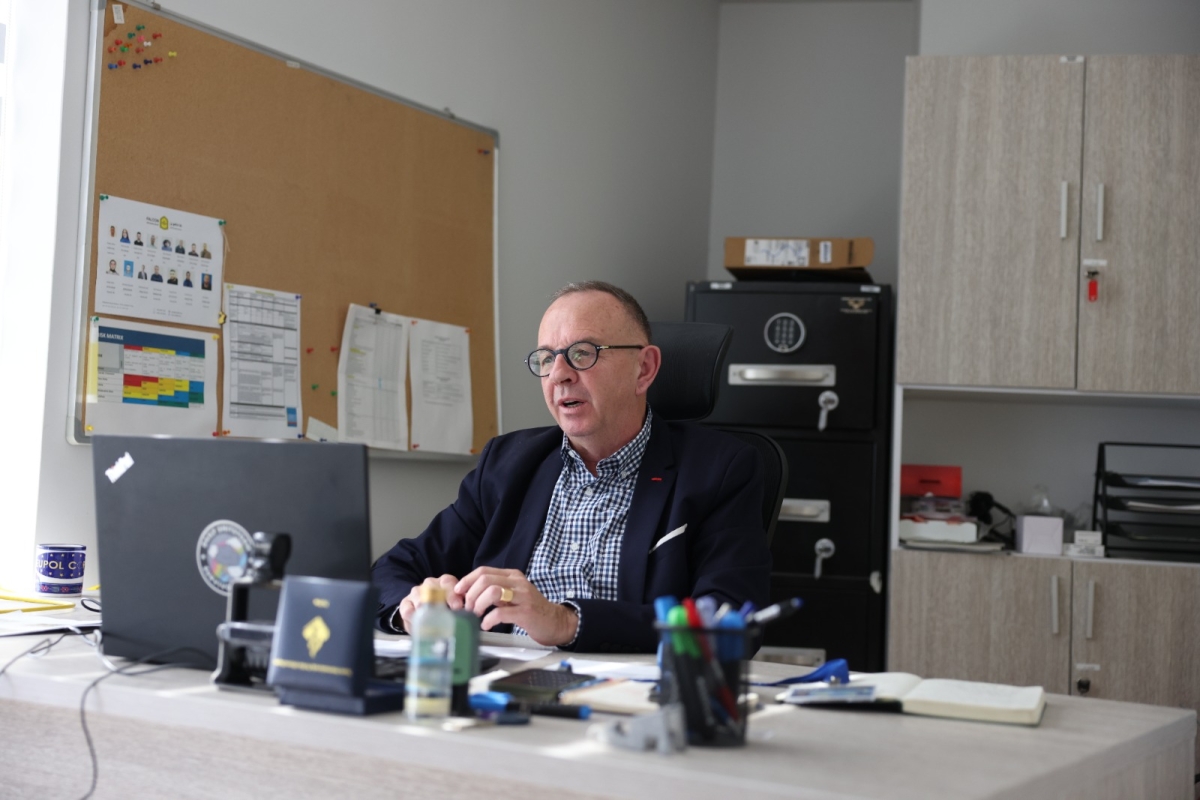
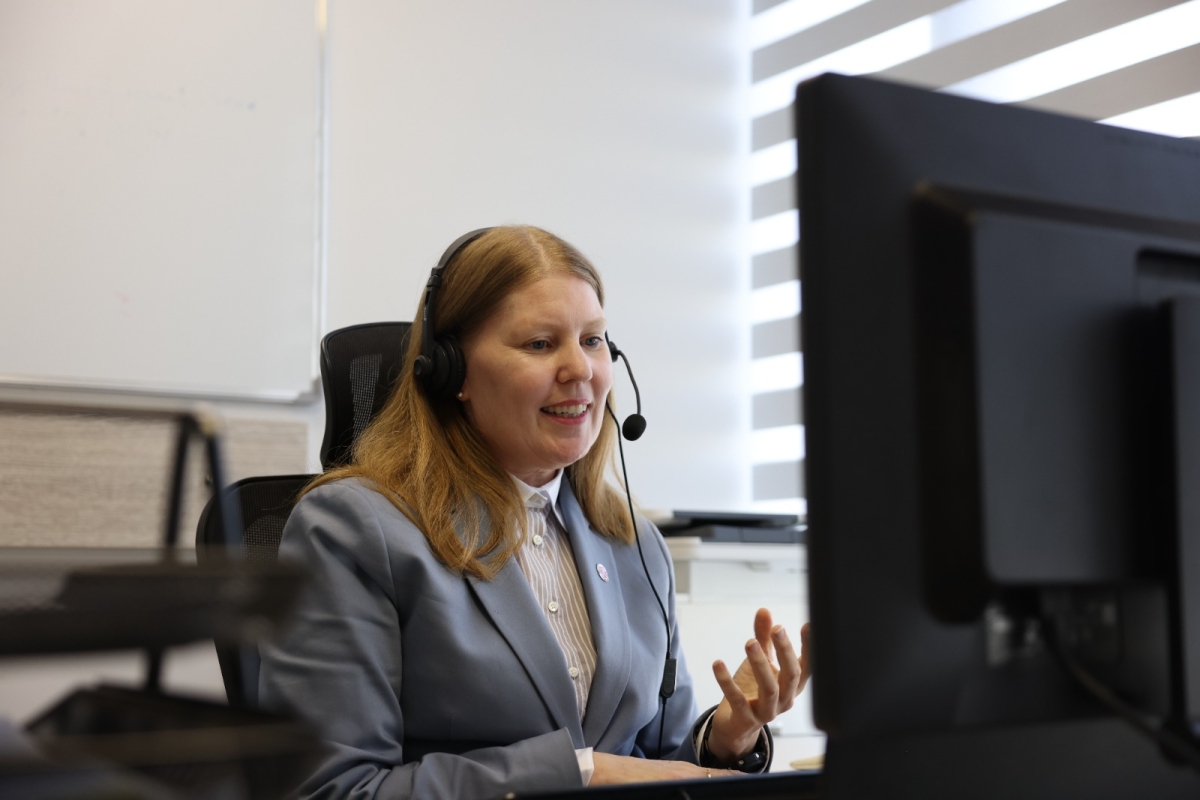
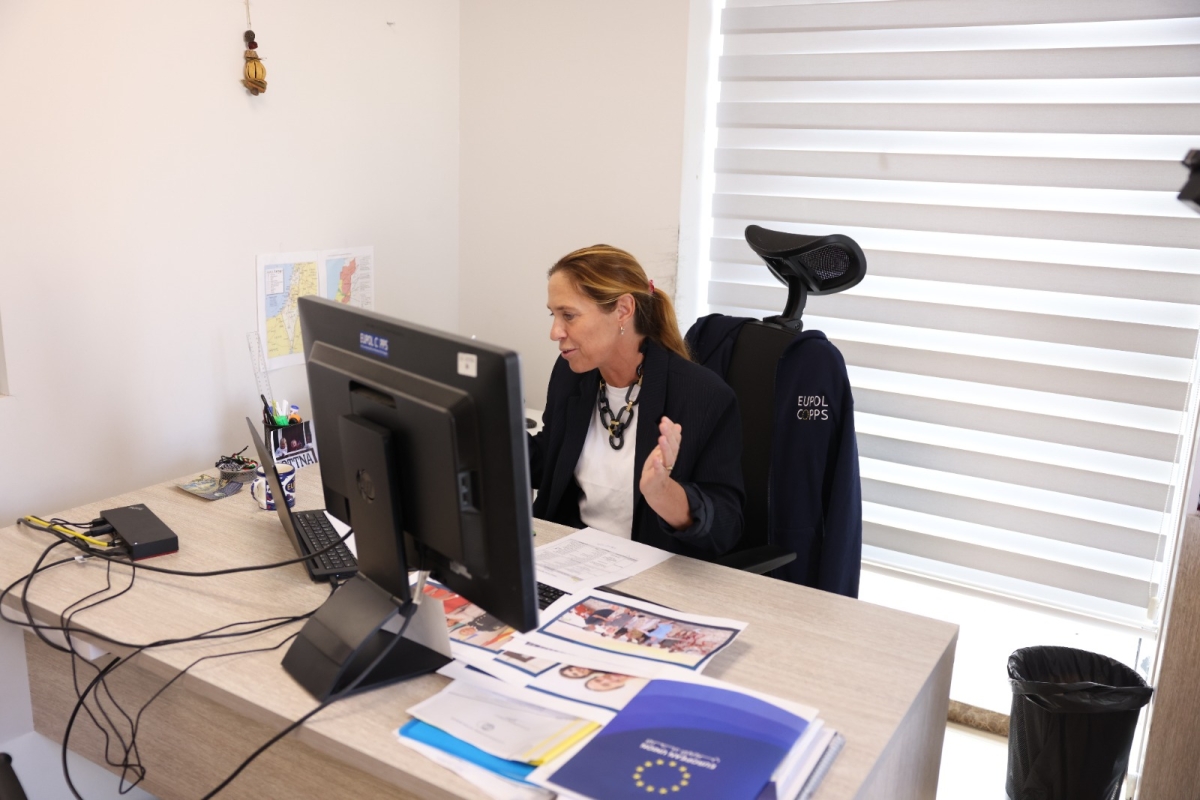

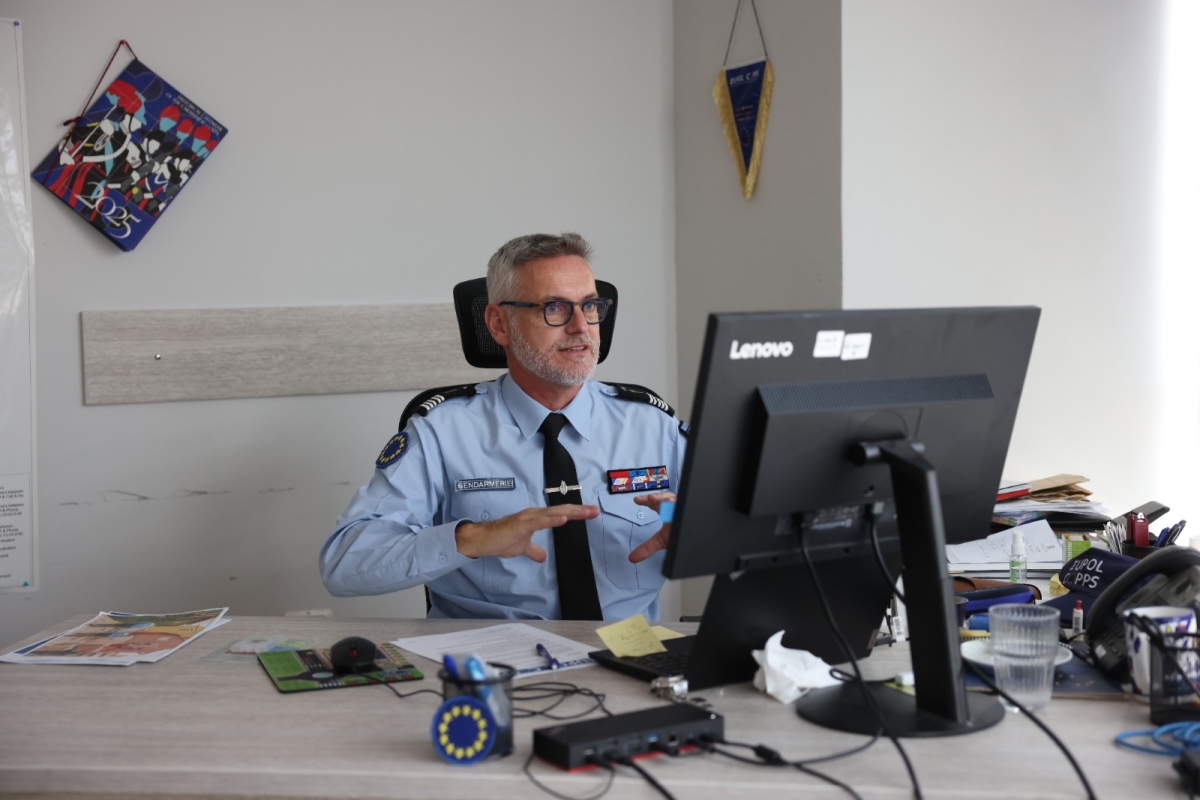
Follow us on Social Media









